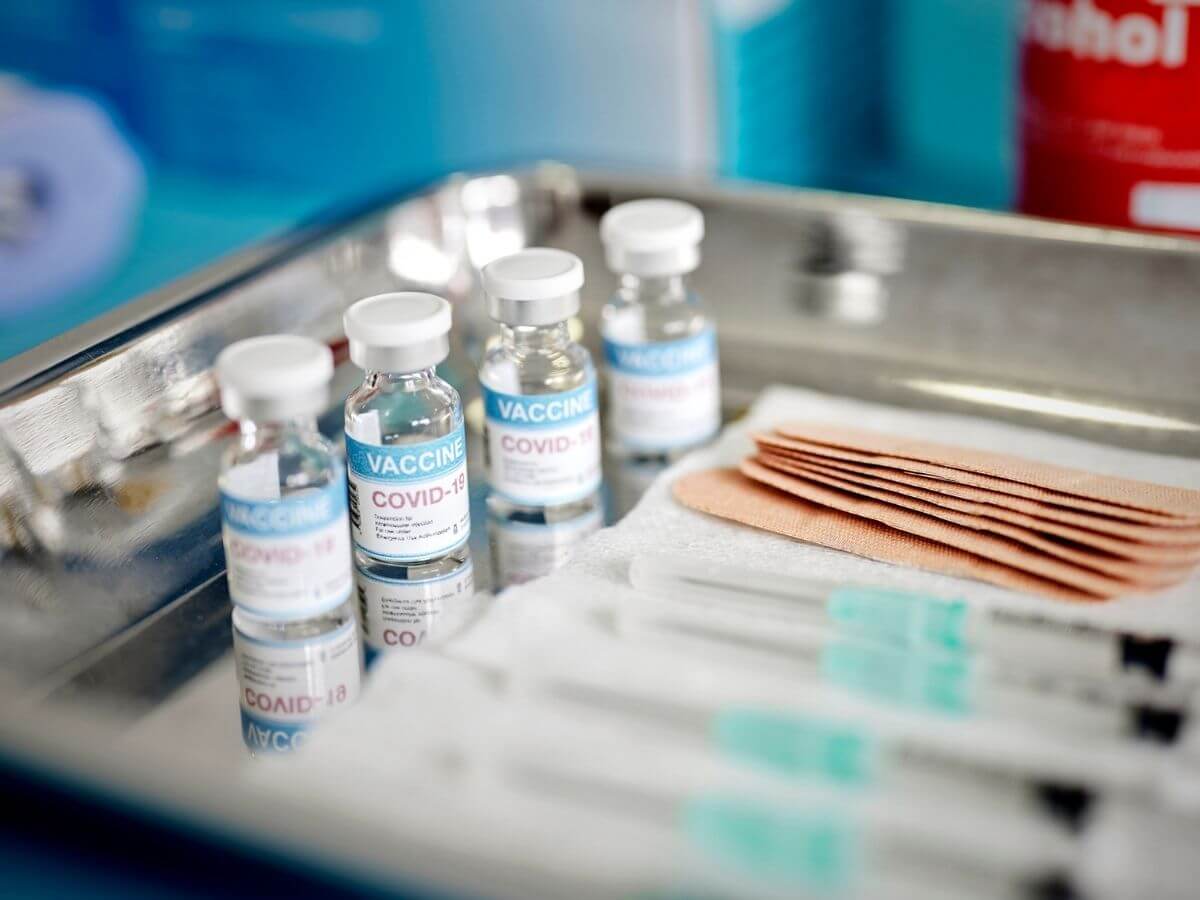Four Things You Should Know About the New Coronavirus Strain

In late 2020, a new variant of the Coronavirus was reported in Europe and within days was also reported in the US. While this new strain is thought to be far more contagious — and therefore faster spreading — than the original, initial cases indicate it’s no more or less dangerous. Here we’ll answer some of the most common questions about this new strain, known as B117.
How’s the B117 Strain More Contagious?
The mutations of this new strain affect the “spike protein” on the virus surface, spikes that attach to human cells. Because this is a recent development, it’s not known for sure, but many believe these spike protein mutations enable the virus to be “stickier” and better able to attach itself to surfaces in the nose and other areas of the body subject to invasion.
Can the New Strain Cause More Severe Illness?
The new virus strain is believed to be no more deadly than we’ve been facing since the onset of the pandemic. However, it’s believed that the increased stickiness makes it more transmissible, up to 70% more by some estimates.
Will I Need Additional Vaccines?
Every virus mutates. That’s why we have new flu vaccines every year, to address those mutations. Likewise, there are numerous variants of the SARS-CoV-2 virus. In fact, it’s thought that the virus acquires one new mutation every two weeks. Though most of these mutations are “silent,” that is causing no changes to the structure of proteins they encode.
The vaccines in distribution now are polyclonal, producing antibodies that target parts of the spike protein. So the virus would need many mutations to the spike protein, similar to the single B117 mutation, to evade the immunity created by vaccines or natural infection.
What New Precautions Will be Necessary?
Experts tell us that no new precautions are necessary to fight this new strain. But the fact that it does spread more easily and rapidly calls for renewed efforts to maintain precautions to prevent spreading:
- Stay at home unless there’s an important reason to go out
- Wear a mask in public and maintain a safe distance from others
- Wash our hands frequently and thoroughly or use hand sanitizer
- Avoid touching your eyes, nose, and mouth
- Disinfect frequently touched surfaces in our homes
- Cover coughs and sneezes with a tissue
Don’t miss an update – Subscribe to our newsletter to get the health and wellness news that matters most delivered straight to your inbox.
Be Safe, Be Informed
To learn more about COVID-19, visit the Baptist Health COVID-19 Resources page. More information about available vaccines and any new variants can also be found at the CDC.
Useful Resources and Next Steps:
Why Will a Vaccine for Children Take Longer?
[PODCAST] COVID-19: Where Are We Now? (Dec. 2020 Update)
Find a COVID-19 Testing Site



